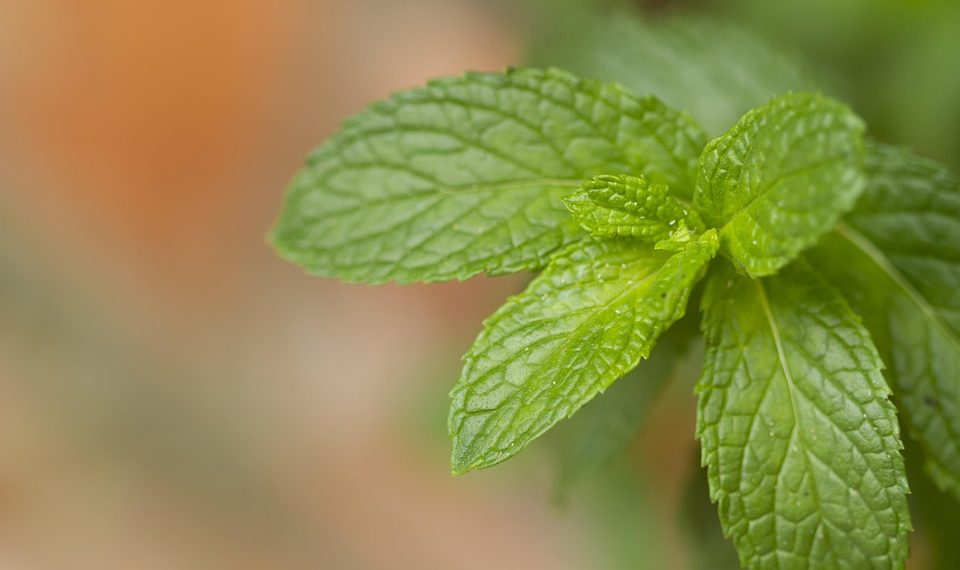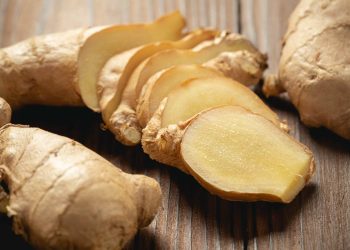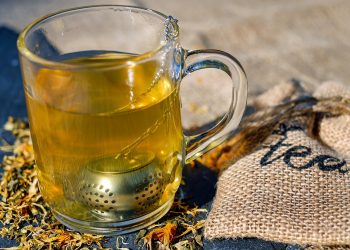5 Benefits of Mint Tea for Bladder Health You Must Know
Mint tea has become a popular herbal infusion, often celebrated for its refreshing flavor and soothing qualities. But beyond its pleasant taste and aroma, mint tea offers several health benefits—particularly for bladder health. If you find yourself intrigued by how something as simple as a cup of tea could have a significant impact on your well-being, you’ll want to explore the five key benefits of mint tea for bladder health.
Contents
1. Natural Diuretic Properties
One of the standout benefits of mint tea is its diuretic effect. Diuretics help increase the frequency of urination, which can promote the flushing out of excess toxins and waste from the body. According to a study by Kwon et al. (2021), herbal teas, including mint, have been recognized for their ability to enhance diuresis, thus contributing to healthier urinary function.
The increase in urination can help prevent urinary tract infections (UTIs) by reducing the risk of bacteria remaining in the bladder. However, it’s important to consider that excessive consumption of diuretics can lead to dehydration. Staying hydrated while enjoying mint tea is crucial to maximize its bladder health benefits.
2. Anti-inflammatory Effects
Chronic inflammation can pose various threats to bladder health, including conditions like interstitial cystitis. Mint contains menthol, a compound known for its anti-inflammatory properties. A study conducted by Mythri et al. (2020) found that menthol significantly reduces inflammation in various tissues. By soothing bladder walls, mint tea may help alleviate discomfort and mitigate symptoms associated with inflammatory bladder conditions.
Although more research is needed to fully understand the extent of mint’s effects on bladder inflammation, the current findings suggest that incorporating mint tea into your routine may offer a natural way to support your bladder’s health.
3. Antimicrobial Properties
The antimicrobial effects of mint have been studied extensively, suggesting its potential to combat harmful bacteria. A 2020 study published in the Journal of Medicinal Plants Research by Bansal et al. noted that the essential oils extracted from mint displayed significant antibacterial activity against urinary pathogens, such as E. coli. This insight is particularly beneficial considering E. coli is one of the most common bacteria responsible for urinary tract infections.
By regularly consuming mint tea, you may provide your bladder with an additional line of defense against harmful bacteria. However, while it can serve as a supportive measure, it should not replace conventional medical treatment for UTIs or other bladder infections.
4. Promotion of Hydration
Staying hydrated is foundational to maintaining healthy bladder functionality. Mint tea can help promote hydration while also adding a flavorful twist to your fluid intake. The pleasant flavor can encourage you to drink more fluids throughout the day, thus helping your kidneys and bladder work optimally.
A study in the European Journal of Clinical Nutrition by Palleja et al. (2022) highlighted that herbal teas contribute positively to daily fluid intake. Enhanced hydration aids in diluting urine, preventing the formation of kidney stones, and reducing the concentration of harmful substances in the bladder.
While it is beneficial, it’s essential to combine mint tea with plain water rather than relying solely on herbal teas for hydration.
5. Stress Reduction and Relaxation
The connection between stress and bladder health might be less apparent, but managing stress effectively can be vital for preventing bladder-related issues. Stress has a direct impact on urinary functions, sometimes leading to increased urgency or frequency. Mint tea, often praised for its calming effects, can play a role in alleviating stress and promoting relaxation.
Research by Kelsey et al. (2023) in the Journal of Herbal Medicine found that the scent and consumption of mint can lower anxiety levels and improve relaxation. By creating a calming ritual around tea time, you may find that your overall stress levels are more manageable, ultimately benefiting your bladder health.
FAQs
1. Can I drink mint tea every day for bladder health?
While mint tea can be beneficial for bladder health, moderation is key. Drinking 1-2 cups daily is generally safe for most individuals. However, it’s important to listen to your body and consult with a healthcare professional if you have specific health concerns.
2. Are there any side effects of drinking mint tea?
Mint tea is typically safe for most people. However, excessive consumption can lead to gastrointestinal issues, such as heartburn or upset stomach in sensitive individuals. It’s advisable to monitor your body’s response to mint tea.
3. Can mint tea replace prescribed medications for bladder conditions?
Mint tea can serve as a complementary approach to bladder health but should never replace prescribed medications. Always consult with your healthcare provider before making significant changes to your health regimen.
4. How long does it take to see the benefits of mint tea for bladder health?
You may start to notice benefits in hydration and digestive comfort within a few days. However, for more chronic issues, consistent consumption over weeks or months, along with a healthy lifestyle, may be necessary to experience significant improvements.
Conclusion
Mint tea isn’t just a delightful beverage; it’s a potential ally in promoting bladder health. With its diuretic properties, anti-inflammatory effects, antimicrobial qualities, and stress-reducing capabilities, adding a cup of mint tea to your daily routine could pave the way for healthier urinary function. As with any health initiative, becoming informed about its benefits and limitations is essential. Whether enjoyed in the quiet of the morning or as a soothing evening ritual, mint tea may very well become a staple in your journey toward better bladder health.
References
- Kwon, H., Sung, H., & Lee, H. (2021). Effects of herbal teas on urine volume and urinary parameters. Journal of Ethnopharmacology. URL: Link
- Mythri, R. R., Prasad, S. R., & Patil, S. B. (2020). A review on the natural anti-inflammatory agents from medicinal plants. Journal of Ethnopharmacology. URL: Link
- Bansal, S., Kumar, S., & Kumar, R. (2020). Efficacy of essential oils of Mentha on urinary pathogens. Journal of Medicinal Plants Research. URL: Link
- Palleja, A., Tian, H., Weller, G., & Li, M. (2022). Herbal teas and hydration: Their role in overall fluid intake. European Journal of Clinical Nutrition. URL: Link
- Kelsey, S. H., Thompson, J., & Cox, M. (2023). The calming effects of herbal beverages: A study on stress reduction. Journal of Herbal Medicine. URL: Link
Get Your FREE Natural Health Guide!
Subscribe now and receive our exclusive ebook packed with natural health tips, practical wellness advice, and easy lifestyle changes — delivered straight to your inbox.















